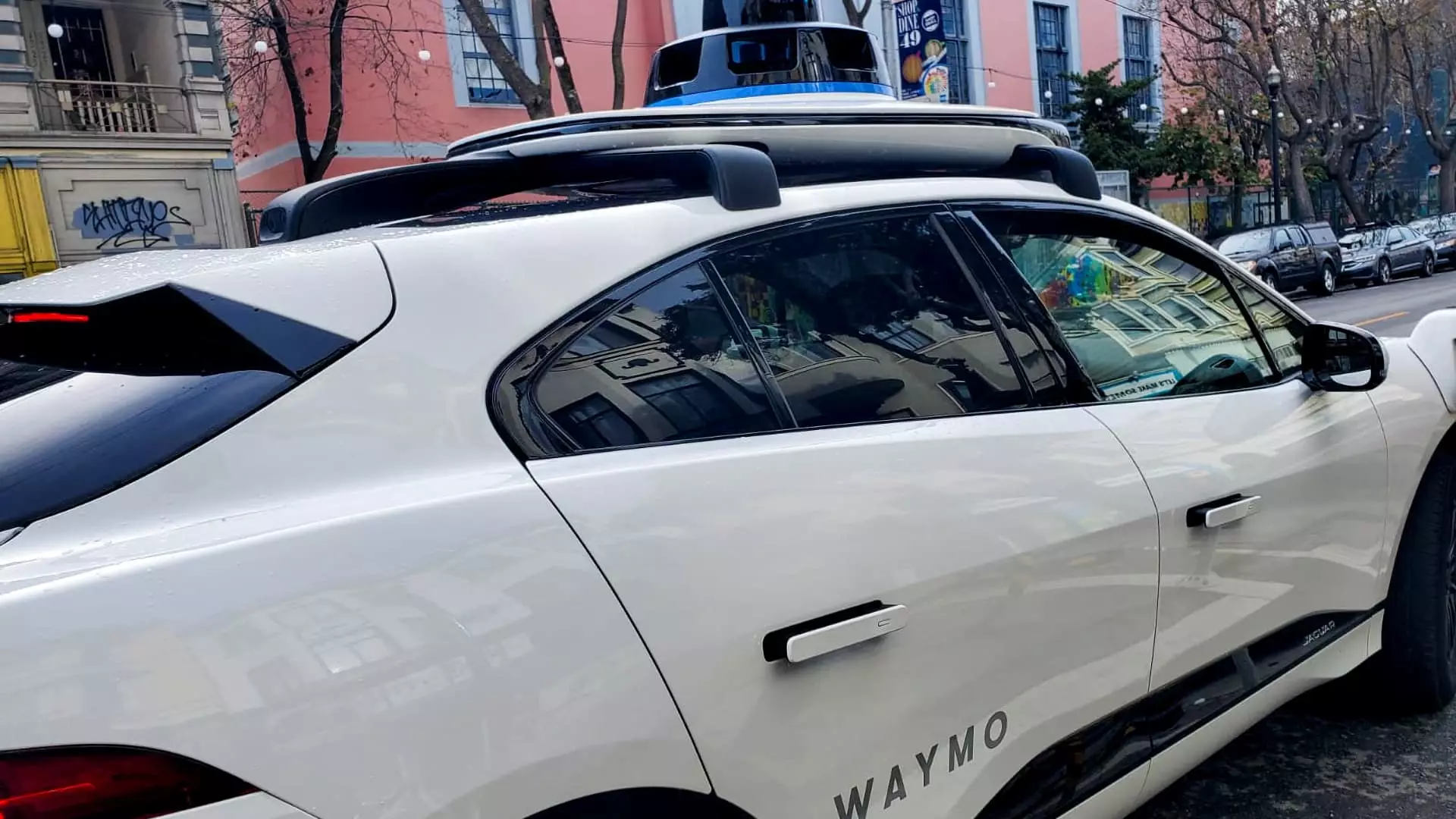In a significant announcement, Waymo, a subsidiary of Alphabet, revealed its intentions to commence autonomous vehicle testing in Tokyo, Japan, beginning in early 2025. This development marks a critical pivot for the company, as it ventures beyond its usual U.S. testing grounds and into the intricate transportation landscape of an international city. While Waymo has yet to confirm the launch of commercial services, its collaboration with Nihon Kotsu, Japan’s leading taxi operator, signals a strong commitment to understanding the local market.
The collaboration involves deploying Waymo’s Jaguar I-PACE vehicles, initially operated by established Nihon Kotsu drivers, who will manually navigate the streets of Tokyo to gather crucial spatial data. This meticulous approach is essential, given Tokyo’s complex urban environment, with its bustling districts such as Minato, Shinjuku, and Shibuya. By gathering extensive data through these manual test drives, Waymo aims to enhance its AI systems, which will ultimately facilitate the safe integration of autonomous technology.
Strategic Partnerships and Local Insights
The partnership between Waymo and Nihon Kotsu underscores the importance of local collaborations in the successful deployment of autonomous technology. Waymo’s efforts to engage with local partners, government officials, and community groups demonstrate a long-term strategic vision that emphasizes understanding the unique challenges and expectations of Tokyo residents. The company’s statement highlights its commitment to becoming a valuable component of Tokyo’s transportation ecosystem, which is vital for gaining public trust in these pioneering technologies.
Furthermore, this initial testing phase will not be limited to Tokyo’s streets. Waymo plans to conduct complementary tests on a closed U.S. course that has been specially constructed to replicate the driving conditions found in Japan. Such preparatory measures are crucial, as they equip the company to anticipate and address the specific requirements of the Japanese market.
Japan presents a fascinating environment for the testing of autonomous vehicles, especially in light of its aging population. Both the national government and the Tokyo Metropolitan authority recognize the potential benefits of driverless technology as a means to address pressing societal issues. Research from the World Economic Forum has indicated that self-driving solutions could significantly improve mobility and independence for senior citizens, thereby enhancing their quality of life.
Tokyo has designated test zones specifically for autonomous vehicles, which aims to fast-track the realization of safe driverless systems. Yet, Waymo is not the only company eyeing this burgeoning market. Other notable players, including local startups and established automotive giants like Honda and Toyota, are also making strides in developing autonomous services, showcasing the competitive landscape that Waymo will need to navigate.
Despite Waymo’s optimistic outlook, the company faces considerable competition, particularly following General Motors’ abrupt withdrawal from the robotaxi sector through its Cruise division. This shakeup in the industry could signal an opportunity for Waymo to strengthen its position, yet it also highlights the volatile nature of autonomous vehicle development. Honda, which has invested in Cruise, is also adjusting its timeframe for a driverless ride-hail service in Japan, indicating the uncertainty surrounding the commercialization of self-driving technology.
Given the advancements made by local competitors like Tier IV, ZMP, and Monet Technologies—each of which is actively exploring autonomous solutions within Tokyo—it is clear that Waymo will need to be particularly agile and responsive to local needs. This is not just a matter of technological readiness; it is also about meeting consumer expectations and regulatory standards in a society that may be cautious about fully embracing self-driving cars.
Waymo’s entry into the Tokyo market represents more than just a testing phase—it signifies the company’s ambition to establish itself as a leader in the global autonomous vehicle arena. By placing an emphasis on local partnerships and community engagement, Waymo is taking essential steps to seamlessly integrate its technology within the Japanese infrastructure. Facing challenges from both established players and newcomers in the autonomous sector, the success of Waymo’s venture will depend heavily on its ability to adapt and innovate in a highly sophisticated and competitive environment. As the company prepares for its upcoming road trip to Tokyo, the outcome of these efforts could very well shape the future of autonomous mobility, not only in Japan but across the world.


Leave a Reply
You must be logged in to post a comment.